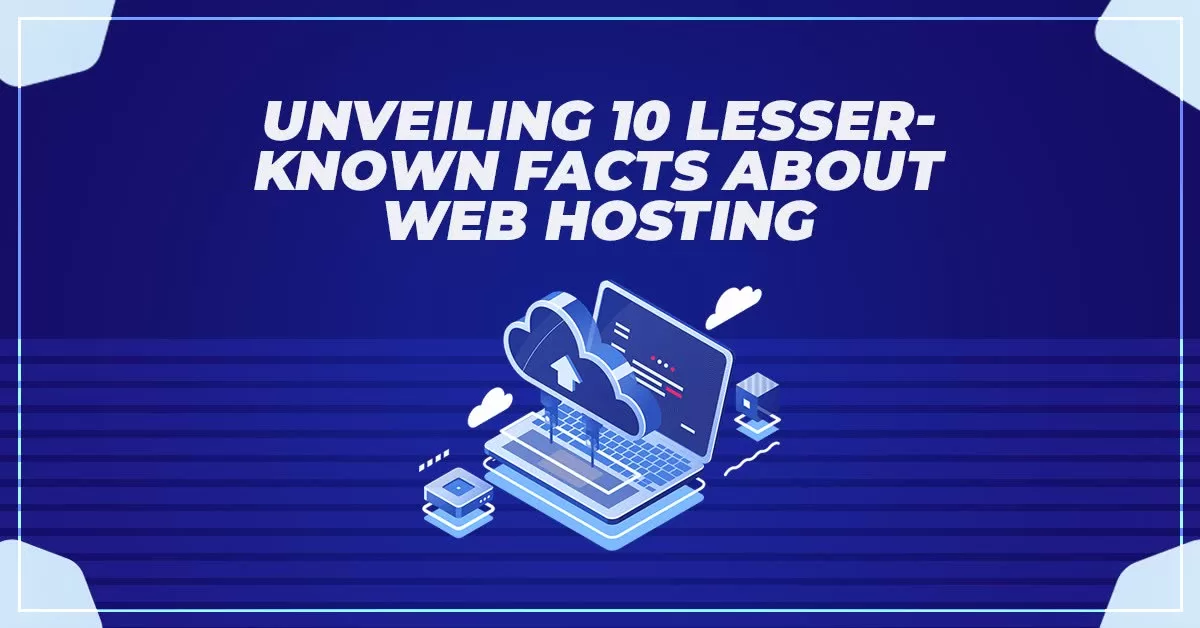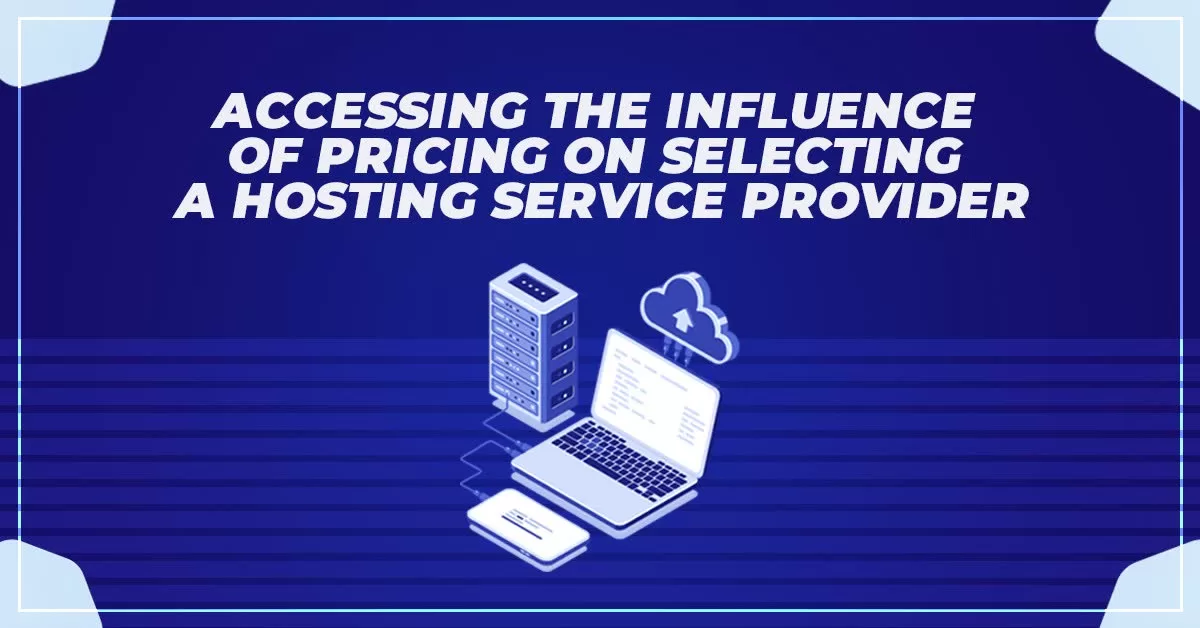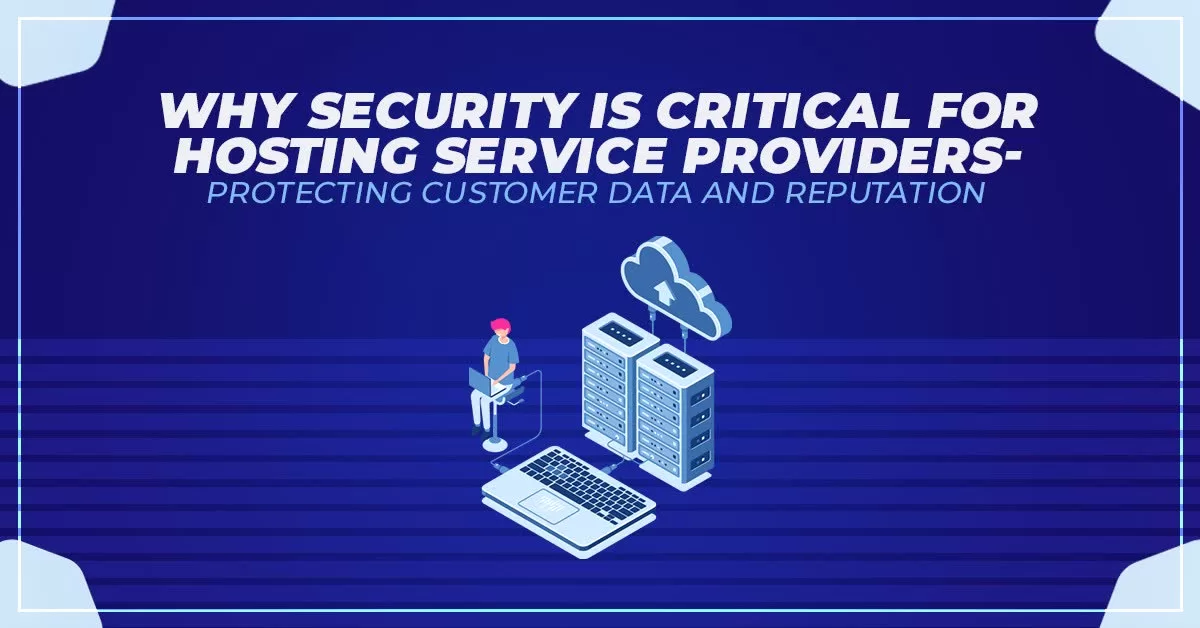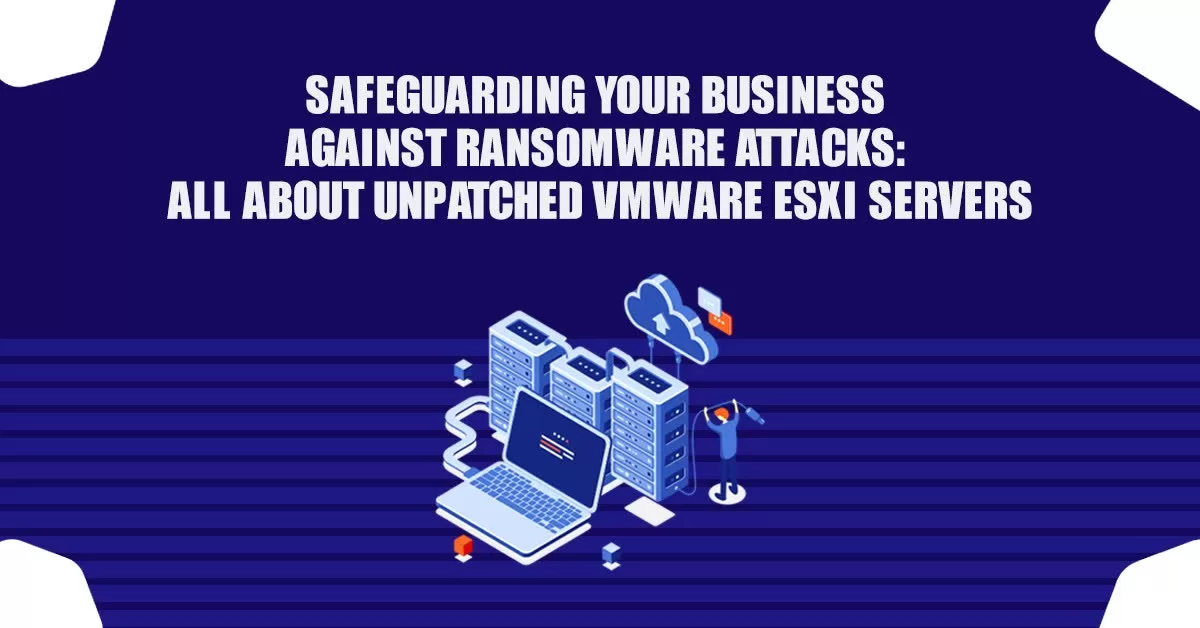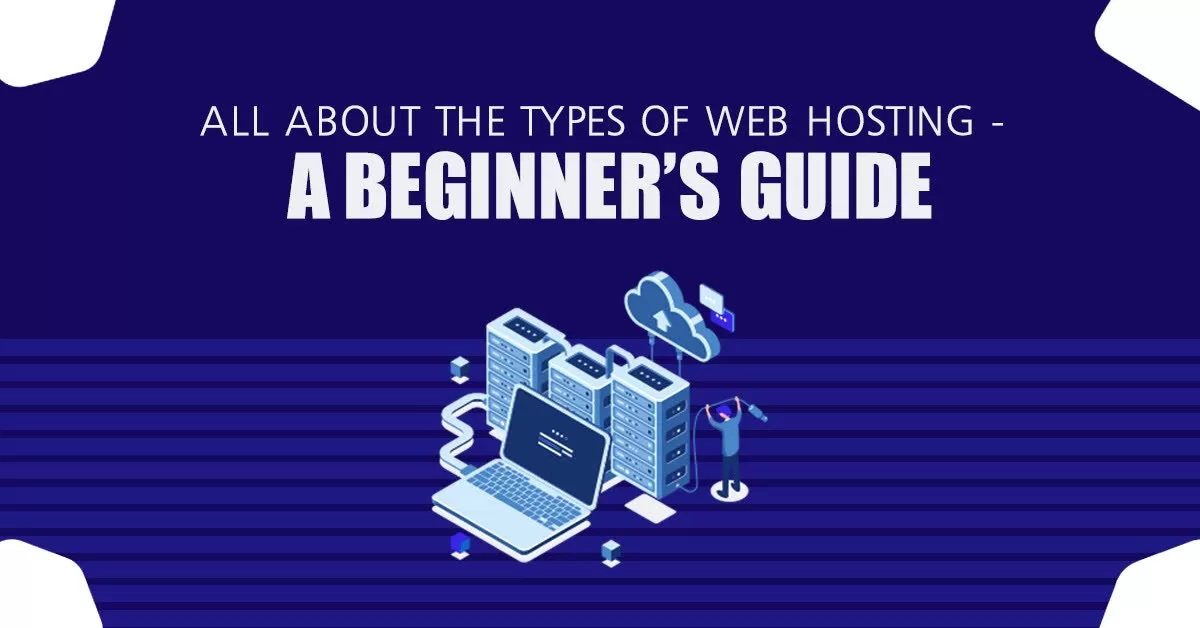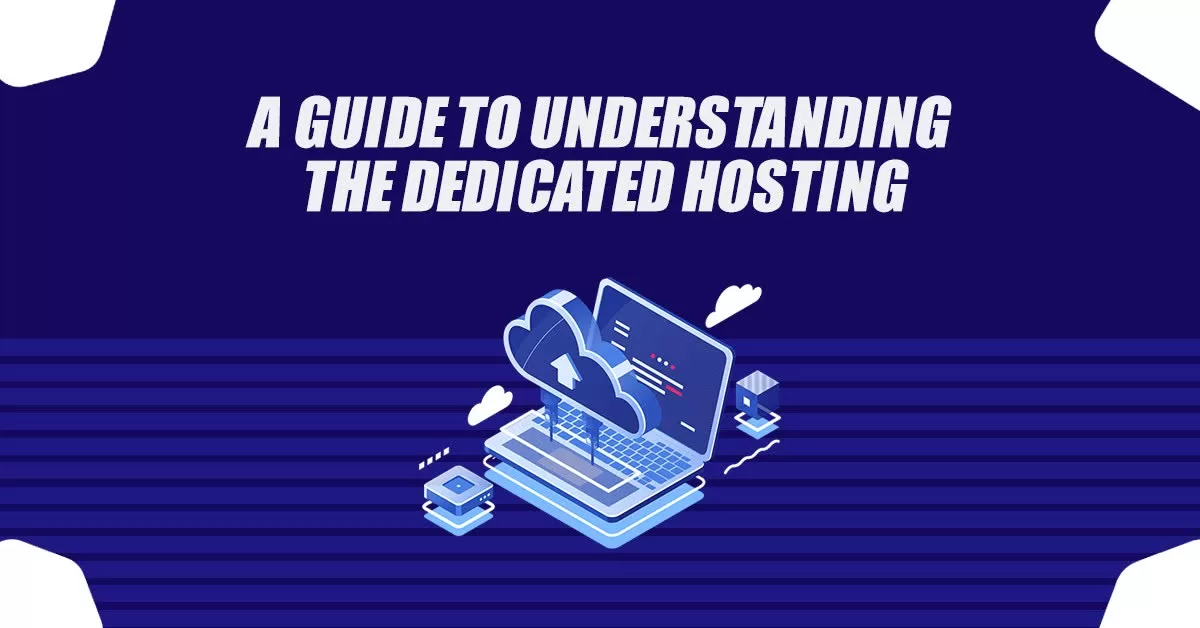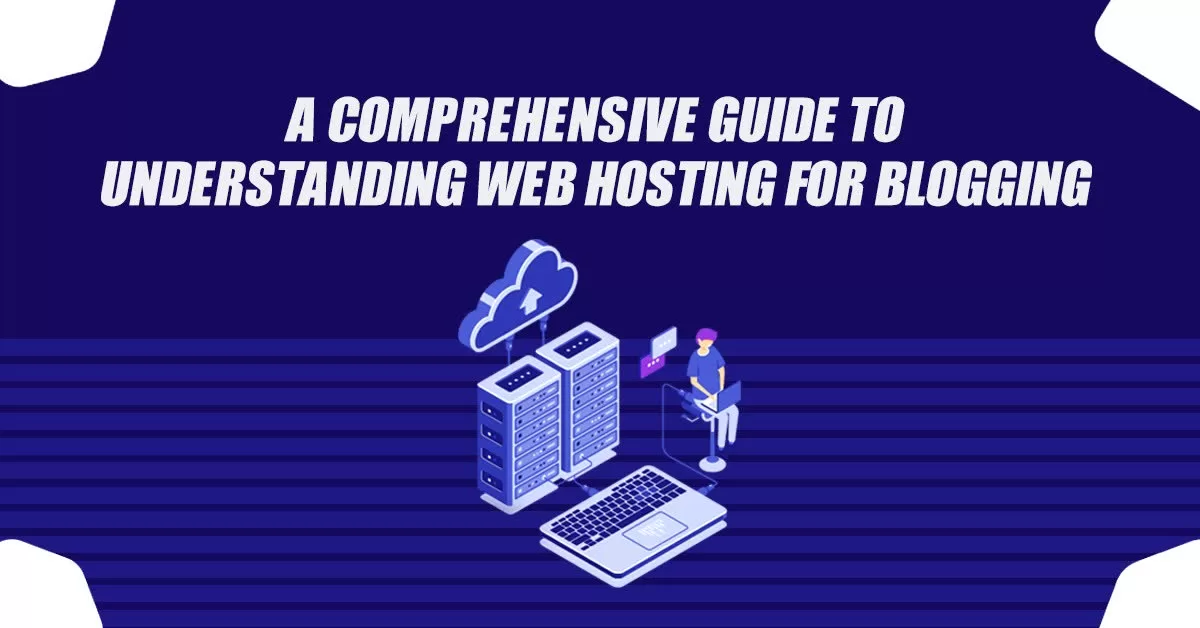Unveiling 10 Lesser Known Facts About Web Hosting
When it comes to creating a website, one of the most important decisions you will make is choosing a web hosting provider. But how much do you really know about web hosting? In this article, we will delve into 10 lesser-known facts about web hosting that you might find surprising or informative.
Lesser-Known Facts About Web Hosting
1. There are different types of web hosting
When you are looking for a web hosting provider, you will come across different types of web hosting. Some of the most common types include shared hosting, VPS hosting, dedicated hosting, and cloud hosting. Each type has its own advantages and disadvantages, so it is important to choose the right one for your website’s needs. Here are some additional details about each type:
- Shared hosting: This type of hosting involves sharing a server with other websites.
- VPS hosting: Virtual Private Server (VPS) hosting involves sharing a server with other websites, but each website is allocated its own virtual resources.
- Dedicated hosting: With dedicated hosting, you have an entire server dedicated to your website.
- Cloud hosting: Cloud hosting involves using a network of servers to host your website, rather than a single physical server.
- WordPress hosting: This type of hosting is specifically designed for websites built on the WordPress platform.
- E-commerce hosting: E-commerce hosting is designed for websites that sell products or services online.
- Reseller hosting: Reseller hosting allows you to sell web hosting services to your own customers.
- Colocation hosting: With colocation hosting, you own your own server hardware and rent space in a data center to house it.
- Managed hosting: Managed hosting involves the hosting provider taking care of server management tasks, such as updates and security.
- Free hosting: Some web hosting providers offer free hosting plans, which can be tempting for those on a tight budget.
2. Dedicated server hosting in UK is a popular option
Dedicated hosting is a type of web hosting where you have an entire server dedicated to your website. This means you have full control over the server and can customize it to your needs. Dedicated server hosting in UK is a popular option for businesses that need a high level of security and reliability. With dedicated hosting, you do not have to share server resources with other websites, which can help to ensure faster loading times and better overall performance.
Additionally, dedicated hosting offers greater flexibility and scalability compared to shared hosting, as you can easily upgrade or downgrade your server resources as needed. In the UK, there are many web hosting providers that offer dedicated server hosting options, each with its own unique features and pricing plans.
It is important to carefully compare and evaluate different providers to find the one that offers the best value for your specific needs and budget. Finally, it is worth noting that dedicated hosting can be more expensive than shared hosting, but the added control and security can be worth the investment for businesses that rely heavily on their website.
3. Dedicated web server hosting UK is similar to dedicated hosting
Dedicated web server hosting UK is similar to dedicated hosting, but the server is in the UK. This can be beneficial if you have a UK-based audience and want to improve website loading times. Additionally, dedicated web server hosting in the UK can provide better performance and reliability for websites that require a high level of traffic and bandwidth. It can also improve SEO (Search Engine Optimization) rankings for UK-specific searches.
However, it is important to consider potential drawbacks, such as higher costs due to location-specific fees and potential latency issues if most of your audience is located outside the UK. It is important to carefully weigh the benefits and drawbacks before choosing a dedicated web server hosting UK provider.
4. Bandwidth and storage are important considerations
When choosing a web hosting provider, you will need to consider how much bandwidth and storage you will need. Bandwidth is the amount of data that can be transferred between your website and its users, while storage is the amount of space your website files take up on the server.
It is also worth noting that some web hosting providers offer unlimited bandwidth and storage, but it is important to read the fine print to understand any restrictions or limitations. Exceeding your allotted bandwidth or storage can result in additional fees or even suspension of your website. To avoid this, it is important to choose a web hosting provider with flexible options for increasing bandwidth and storage.
Additionally, the location of your web hosting provider’s servers can affect the speed and reliability of your website, especially if your website’s audience is primarily located in a certain geographic region. Overall, it is important to consider your website’s specific needs when selecting a web hosting provider.
5. Uptime is a crucial factor
Uptime refers to the amount of time your website is available and accessible to users. It is important to choose a web hosting provider that guarantees a high level of uptime, as downtime can result in lost traffic, revenue, and customer trust. Some web hosting providers offer uptime guarantees of 99% or higher, while others may have more unpredictable uptime levels.
It is important to consider the provider’s reputation and record of accomplishment when evaluating their uptime guarantee. Also, ask about the provider’s backup and disaster recovery plans in case of downtime or server issues. This can help to minimize the impact of any potential downtime on your website and business.
Monitoring tools are also available to track your website’s uptime and performance, letting you act quickly if issues arise. Finally, be aware that uptime can also be affected by factors outside of your web hosting provider’s control, such as network outages or cyber-attacks. As such, it is important to have a plan in place to address potential issues and minimize their impact on your website and business.
6. Support is key
If you encounter any issues with your website, you will need to rely on your web hosting provider’s support team for assistance. It is important to choose a provider that offers reliable and responsive support, preferably 24/7. Some web hosting providers offer multiple channels of support, such as phone, email, live chat, and support tickets.
It is important to choose a provider that offers support through channels that work best for you. Additionally, some providers offer self-help resources such as knowledge bases and forums, which can be helpful for troubleshooting common issues on your own.
When evaluating a provider’s support, be sure to consider their response times, expertise, and overall customer service reputation. Finally, do not forget to ask about any additional fees or charges for support services, as some providers may offer tiered support plans or charge extra for certain types of support. Overall, reliable, and responsive support is crucial for ensuring that your website stays up and running smoothly.
7. SSL certificate is essential for security
SSL certificate is a type of security protocol that encrypts data between a website and its users. They are essential for protecting sensitive information, such as credit card details, and can also boost SEO rankings. Web hosting providers may offer different types of SSL certificates, including free and paid options. Paid options typically offer more advanced features and higher levels of encryption, while free options may have limitations or may not be as widely recognized by web browsers.
It is important to choose an SSL certificate that matches the security needs of your website and to ensure that it is properly installed and configured. Some web hosting providers may offer automatic SSL certificate installation and renewal as part of their services, which can be helpful for simplifying the process.
Additionally, SSL certificates can expire, so it is important to stay up-to-date on their renewal and expiration dates to avoid any potential security issues or disruptions to your website. Overall, SSL certificates are essential for ensuring the security and trustworthiness of your website and should be a key consideration when choosing a web hosting provider.
8. Backups are important for disaster recovery
Backups are copies of your website files and data that can be used to restore your website in the event of a disaster, such as a server failure or hack. It is important to choose a web hosting provider that offers regular backups and allows you to easily restore your website.
Some web hosting providers may offer automatic backups as part of their services, while others may require you to manually create and manage backups. It is important to understand how often backups are taken and how long they are retained, as well as any limitations or additional fees for backup services.
In addition to relying on your web hosting provider for backups, it is also a good practice to regularly create and store backups on your own, such as on an external hard drive or cloud storage service. This can provide an additional layer of protection and ensure that you have access to your website files and data even in the event of a catastrophic failure. Overall, backups are an essential component of disaster recovery planning and should be taken seriously when choosing a web hosting provider.
9. Website speed is crucial for user experience
Website speed can have a major impact on user experience and can even affect SEO rankings. It is important to choose a web hosting provider that offers fast loading times and uses caching techniques to optimize website speed. Factors that can affect website speed include the server’s processing power and memory, the size and complexity of website files, and the amount of traffic and requests being processed.
Some web hosting providers may offer features such as content delivery networks (CDNs) or server-level caching to help improve website speed and performance. It is also important to regularly monitor website speed and performance and to make any necessary optimizations or improvements.
Slow loading times or performance issues can lead to high bounce rates and a poor user experience, which can ultimately impact your website’s success. Overall, website speed is a crucial consideration when choosing a web hosting provider, and should be regularly monitored and optimized for the best possible user experience.
10. Price should not be the only factor
While price is certainly an important factor when choosing a web hosting provider, it should not be the only factor. Cheaper options may not offer the same level of performance, support, and security as more expensive options. It is important to find the right balance between cost and quality.
In addition to comparing prices, it is important to consider factors such as uptime guarantees, support options, security features, and scalability. A web hosting provider that offers a higher level of service and support may ultimately save you money in the long run by preventing downtime or security breaches. It is also a good idea to read reviews and seek recommendations from other website owners to help gauge the quality and reliability of different web hosting providers.
The right web hosting provider will depend on your website’s specific needs and requirements, as well as your budget and priorities. By taking the time to thoroughly research and compare options, you can find a provider that offers the best combination of price and quality for your website.
Conclusion
Web hosting is a crucial aspect of website creation that can often be overlooked. By understanding these 10 lesser-known facts about web hosting, you will be better equipped to choose a provider that meets your website’s needs and helps it succeed online. Whether you are considering dedicated server hosting in UK or another type of hosting, be sure to research your options thoroughly and choose a provider that offers the right balance of performance, support, and security.



































